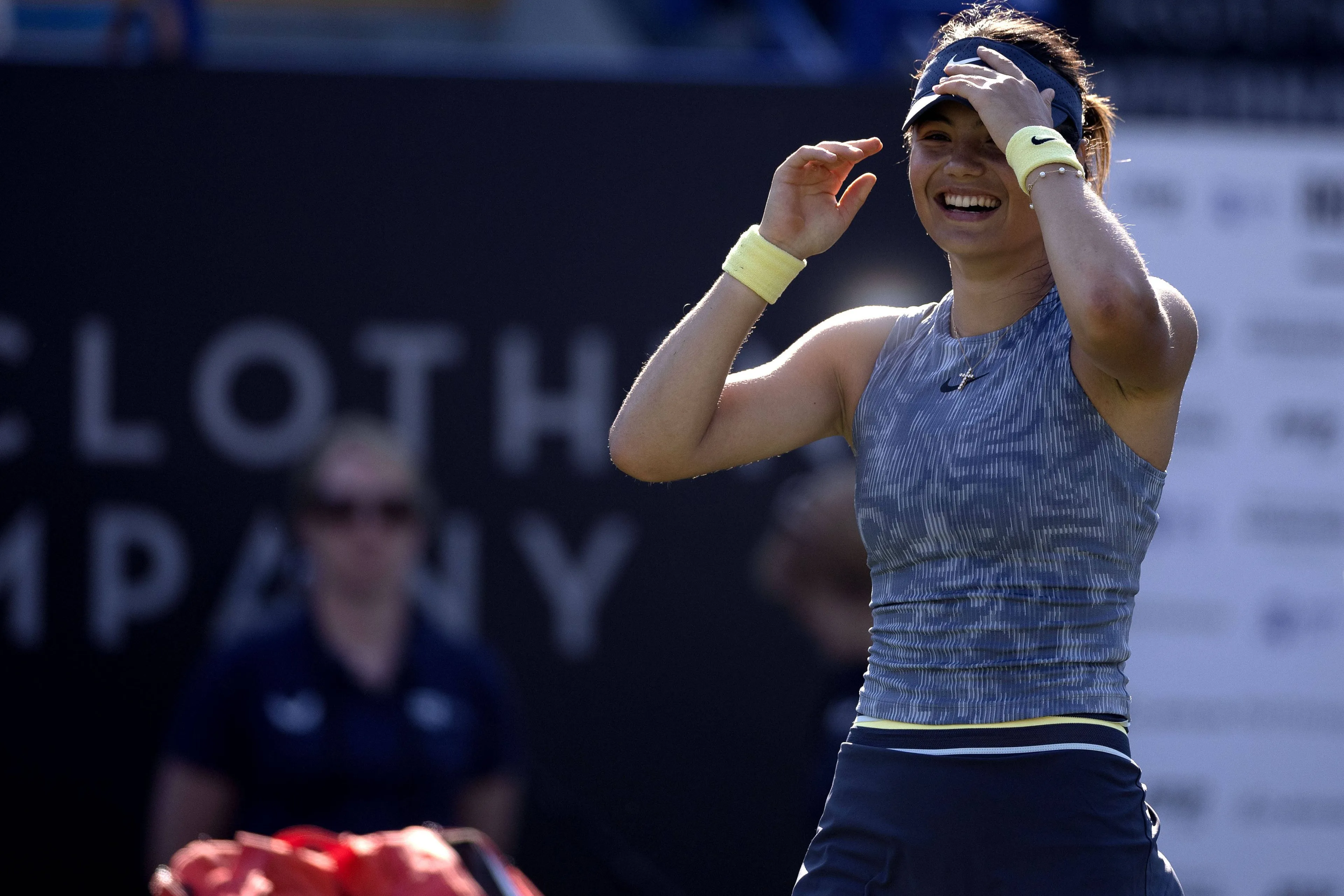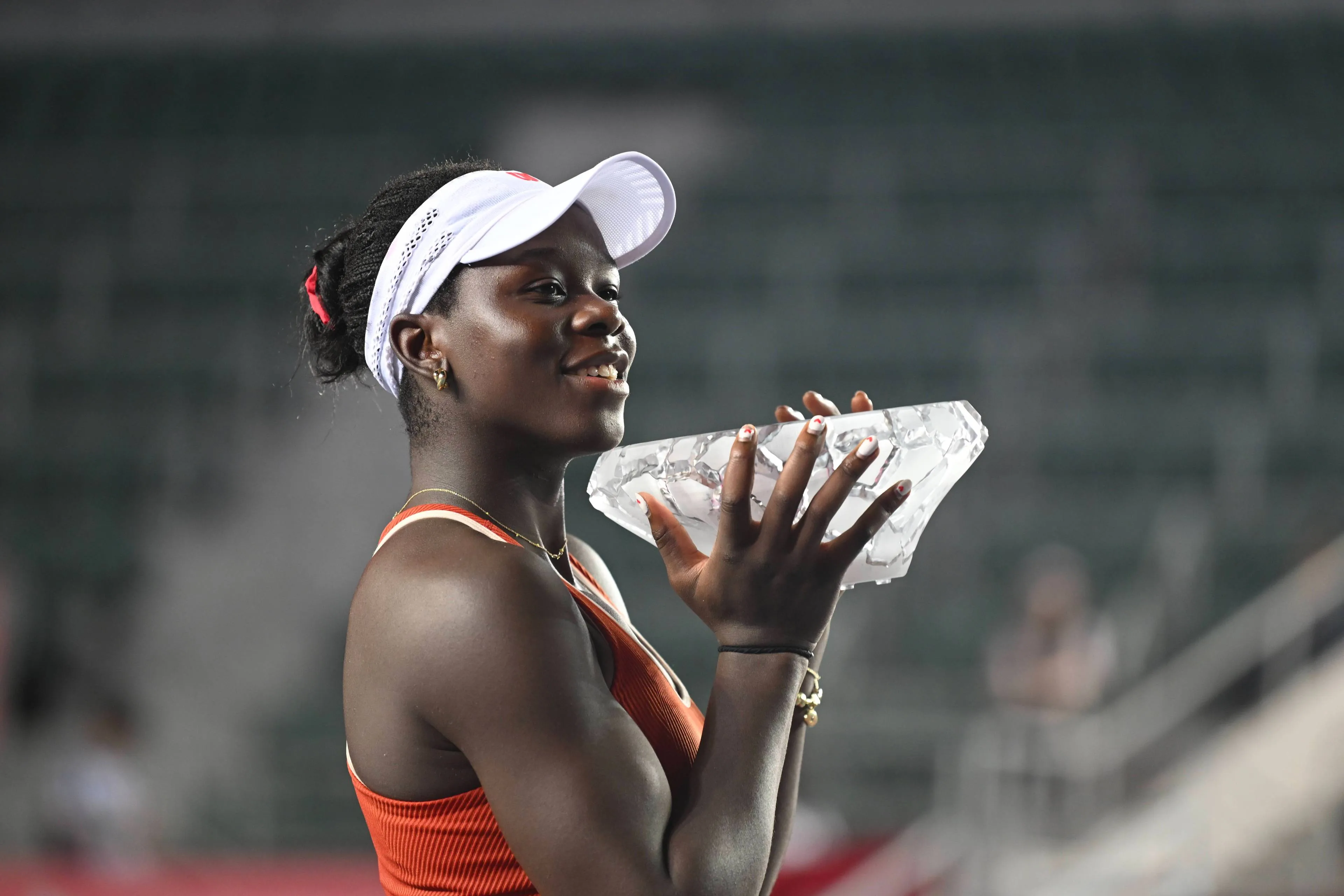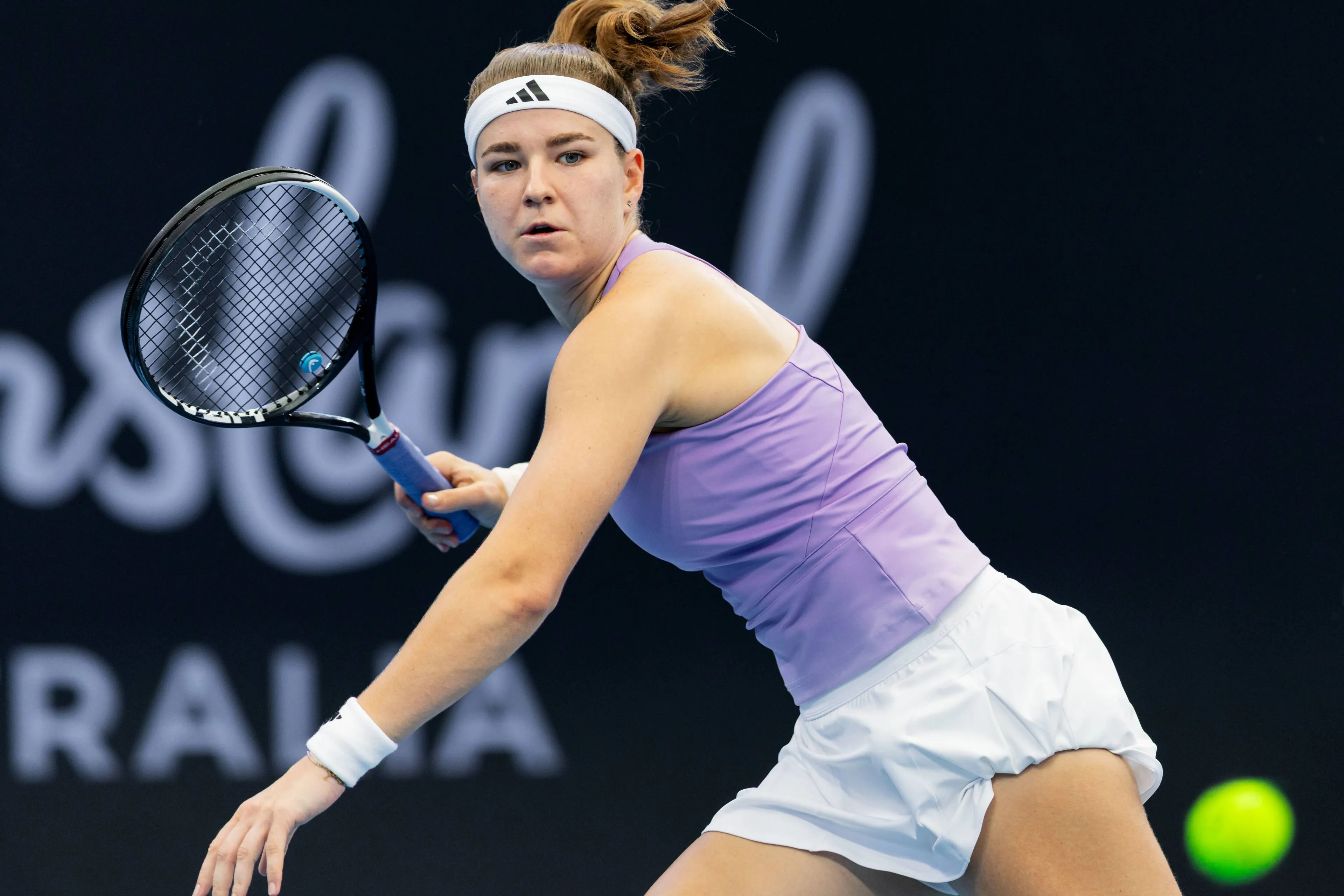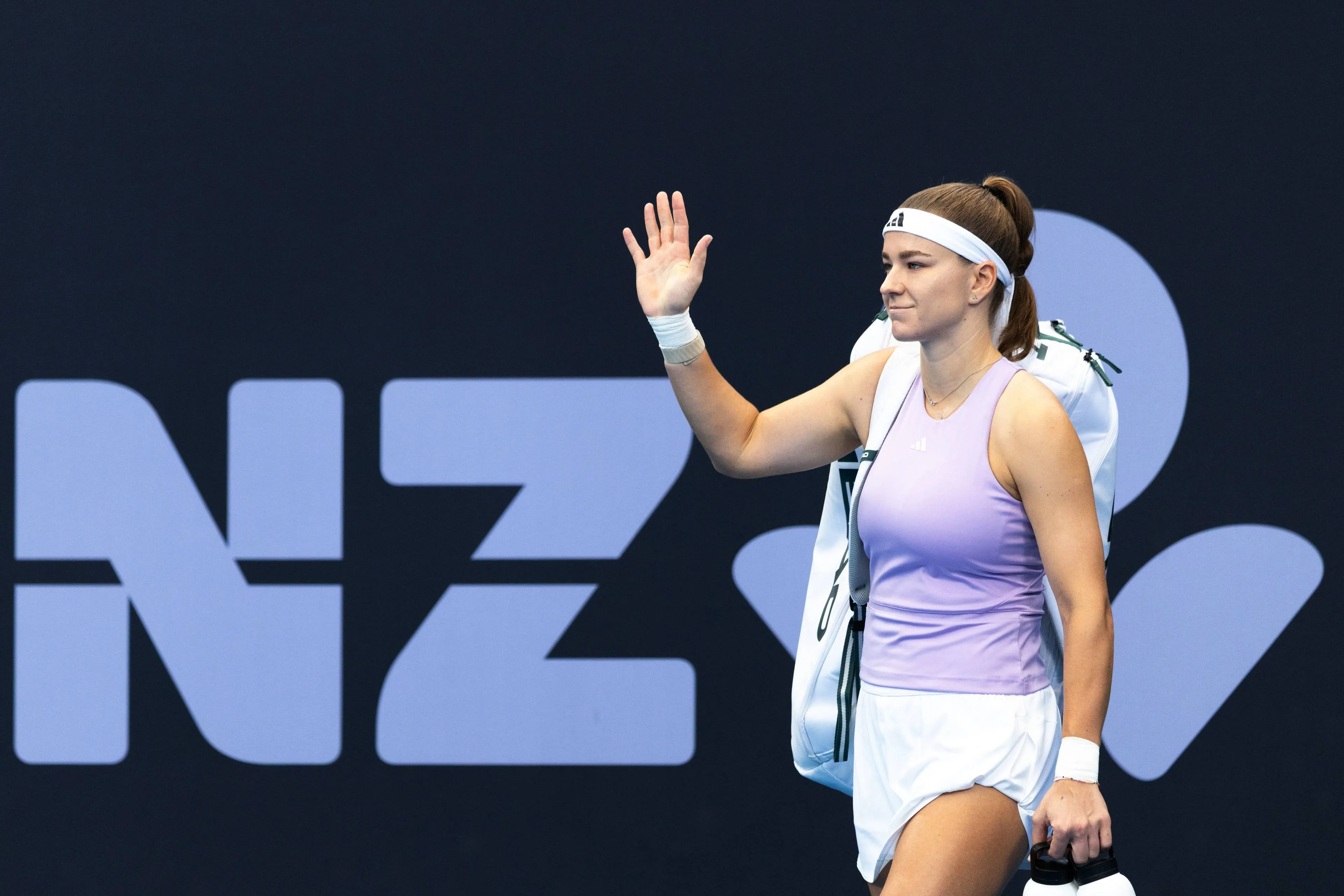ANALYSIS: Emma Raducanu - A Setback or a Setup for a Strong Comeback?
WTATuesday, 08 October 2024 at 13:30
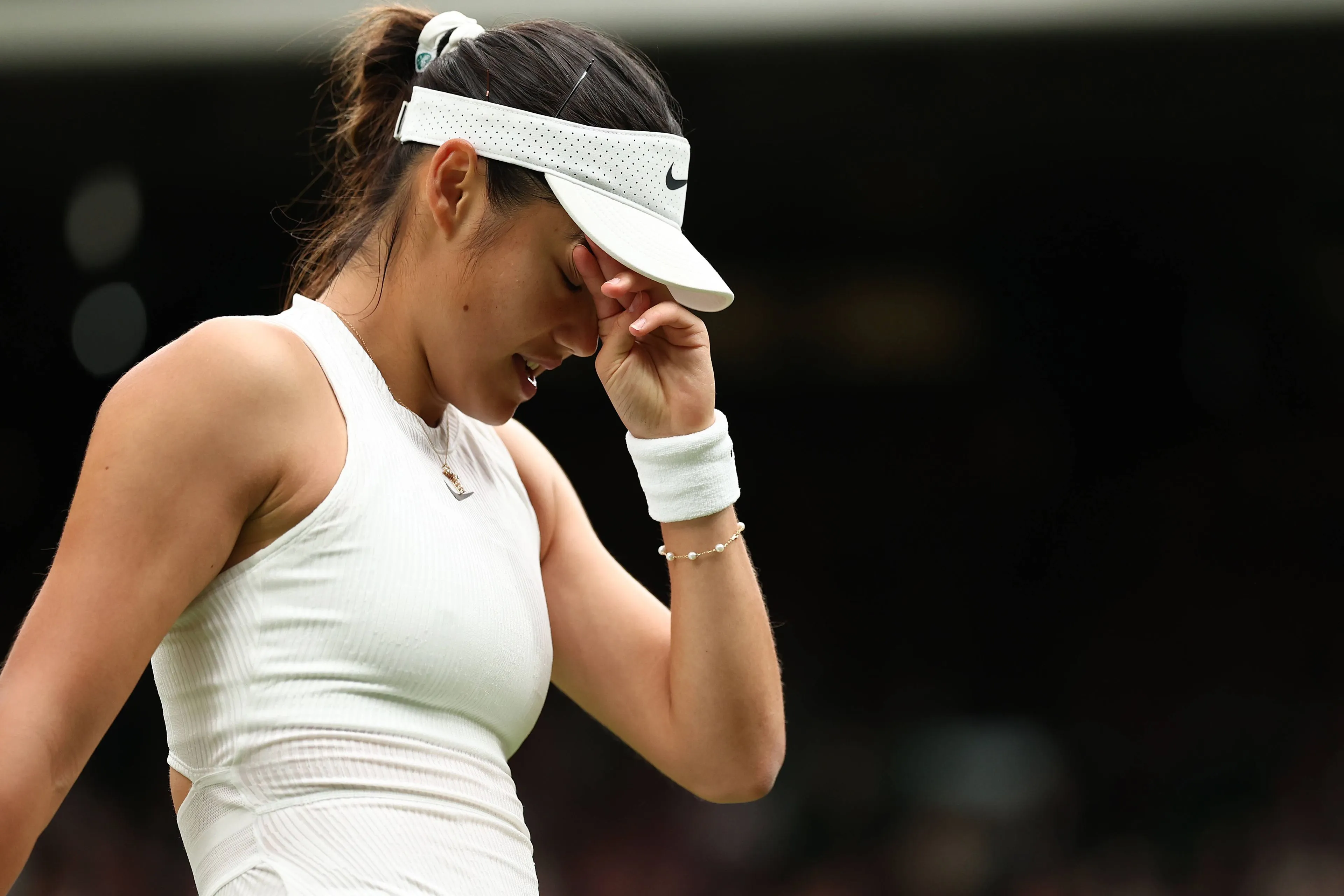
Emma Raducanu's career has been the focus of the limelight far earlier than she may have wanted. Her triumph at the 2021 US Open, where she became the first qualifier in tennis history to win a Grand Slam, catapulted her into the global spotlight.
At just 18 years old, she ended Britain’s 44-year wait for a women’s Grand Slam singles champion, following in the footsteps of Virginia Wade, who won Wimbledon in 1977. With a straight-set victory over Leylah Fernandez (6-4, 6-3), Raducanu captivated the tennis world, becoming the youngest Briton ever to win a Grand Slam and the first woman to win the US Open without dropping a set since Serena Williams in 2014.
It seemed like a pivotal moment, not just for British tennis but for British sport in general. Raducanu looked poised to become the new face of tennis, a superstar with the game, charisma, and maturity beyond her years. Virginia Wade, who cheered her on from the stands, appeared to pass the torch to the next great British player.
Read also
But three years on, the story has taken a different turn. Injuries, inconsistent form, and questions about her fitness have plagued Raducanu’s career since that incredible victory. With so much promise, what has gone wrong for one of tennis' brightest young stars?
Constant Setbacks
One of the biggest hurdles in Raducanu’s young career has been her fitness. Injuries have become a recurring theme, disrupted her momentum and forced her to withdraw from several key tournaments over the past three years. In 2022, she was eliminated in the first round of the US Open, a far cry from her title run the year before. Then, 2023 turned out to be a year to forget, as she missed the entire season due to wrist and ankle surgeries.
Raducanu’s return to the court in 2024 was highly anticipated, but her results have been met with disappointment from her fans and within the media. Yet, were expectations simply too high for a star that had been absent for over 12 months?
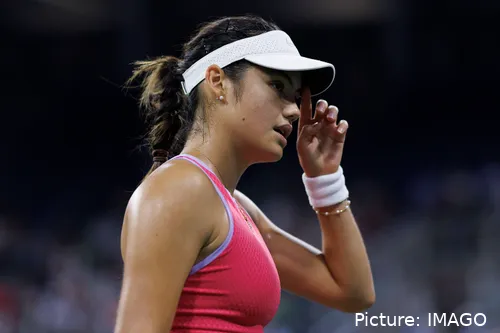
Emma Raducanu has had an up and down return.
Raducanu suffered an early exit at the US Open, losing to Sofia Kenin in the first round. After the defeat, Raducanu admitted that she was not close to the form that had brought her the title three years earlier. She expressed frustration but also recognized the need to play more consistently to regain her best form. "I would like to play more matches," she told BBC 5 Live. "I wouldn't probably still play every single tournament leading up, but I would probably play more than I did this time. It's a lesson to learn for next year."
However, another blow came when Raducanu was forced to withdraw from the China Open last month due to a foot injury. "Last week in Seoul, I sprained some ligaments in my foot which unfortunately need some more time to heal," she announced on social media. This setback has once again delayed her attempt to return to full fitness and consistent competition.
A Young Player Facing High Expectations
At just 21 years old, Raducanu is still at the very beginning of her career, and it’s important to remember that she is far from the only young player to experience a rocky start after an early breakthrough. Tennis history is filled with examples of players who achieved success at a young age, only to face difficulties before making a strong comeback.
Take Serena Williams, for example. She won her first Grand Slam at 17 in 1999, but she had to wait until 2022 for her next singles title, and it wasn’t until her mid-20s that she truly began her dominant run. Similarly, Andre Agassi won Wimbledon at 22 but went through a period of struggle before reclaiming his form and becoming one of the greatest players in tennis history. Players like Juan Martín del Potro, who won the US Open at 20, have also faced injuries and setbacks but managed to bounce back to compete at the top level again.
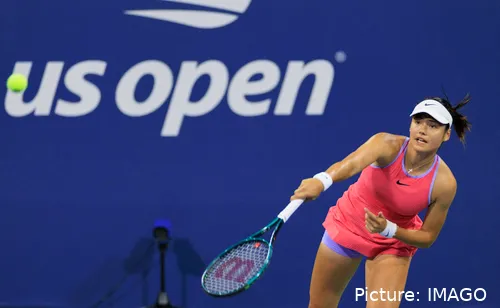
What is next for Raducanu?
Raducanu’s situation mirrors these stories in some ways. Her meteoric rise to fame at 18 was followed by the physical and mental challenges that many young athletes face when trying to sustain that early success. The pressure of expectations, especially after such a historic win, can take a toll, and injuries only add to that burden. At 18, most of her peers would have been setting off for university, whilst she was thrust into the global spotlight.
It’s easy to forget just how young she still is. At 21, she is younger than most players are when they reached their peak. Players like Novak Djokovic, Rafael Nadal, and Roger Federer, all legends of the sport, entered their prime years in their mid-to-late 20s. Federer didn’t win his first Grand Slam until he was 21, and it was a few more years before he established himself as the dominant force in tennis.
In comparison, Raducanu has time on her side. She has already experienced the pinnacle of success, which many players never reach, and despite the recent setbacks, there is every reason to believe she can recover and grow into a stronger, more consistent player.
Read also
Is She Injury Prone, or Is There More to the Story?
Injuries have undoubtedly played a significant role in Raducanu's struggles, but some analysts suggest there may be other factors at play. A lack of match fitness has been highlighted as one of the reasons for her inability to produce consistent results. As sports performance coach Jez Green explained to the Daily Mail, "She just doesn't play enough matches. I've seen her train, and she trains hard, she works hard, there's no doubting that. But you can train as hard as you like, if you don't have that match fitness, your body is not hardened and robust enough to play match after match after match."
Raducanu’s limited tournament appearances over the past two years have left her without the match toughness needed to compete regularly on the tour. While she may be putting in the work during training, it’s not a substitute for the intensity and demands of actual competition. The lack of match fitness has, according to Green, left her more vulnerable to injury.
Another point of criticism has been her decision-making regarding which tournaments to play. She turned down the opportunity to play in the French Open and the Olympics, both key events that could have helped her gain more experience and fitness. Some have drawn comparisons to Andy Murray, who famously sacrificed personal time and holidays to train rigorously and compete in nearly every significant tournament. At 21, Raducanu’s career choices are still evolving, and it may take time for her to find the right balance between training, competition, and rest.
Read also
Learning from Setbacks
Raducanu's recent struggles may be disheartening, but they don’t diminish her incredible potential. The early part of her career has been defined by both extreme highs and difficult lows, and it’s clear that she’s still learning how to navigate the demands of professional tennis. But if history is any guide, there’s reason to be optimistic.
Many of the sport’s greatest players faced similar setbacks in their early careers. Rafael Nadal, who won his first Grand Slam at 19, struggled with injuries throughout his career but adapted his game to stay competitive well into his 30s. Djokovic also faced periods of doubt, particularly after his early success, but managed to come back stronger each time. Even Emma’s rival, Bianca Andreescu, has faced injury struggles but has fought her way back.
For Raducanu, the key will be managing her fitness, gaining more match experience, and finding a support team that can help her reach her full potential. Her talent is undeniable, and her ability to rise to the occasion, like she did at the 2021 US Open, suggests that she has the mental strength to overcome these challenges. If she can build consistency in her game and stay healthy, there is every reason to believe she will be a force in women's tennis for years to come.
In many ways, Raducanu’s career is still just beginning. She has already achieved what many players spend their entire careers chasing, and at just 21 years old, her best years may still lie ahead. The setbacks she has faced may ultimately serve as stepping stones, teaching her lessons that will shape her into an even more formidable competitor in the future.
As Raducanu herself noted after her US Open loss, "It's a lesson to learn for next year." With time, experience, and the right support, Raducanu’s story may still become one of triumph over adversity, just like so many tennis legends before her.
claps 0visitors 0
Just In
Popular News
Latest Comments
- LOL. Billie Jean King hates being a woman.
- Pulling out a tournament is not illegal. Therefore, that is no problem. Maybe they need more rest.
- It is simple. If you do not want cameras following you, get away from tennis and go find another job. Cameras and interviews are a part of the job. They do not mind cameras when they are winning. If the women tennis players would put the same amount energy to playing tennis as they do with complaints, women tennis would be exciting to watch.
- Yeah, that's what I would do... be nice and lose a match
- Turns out Swiatek is as big a cheater as Draper (remember vs FAA?)when she didn’t admit to hitting a double bounce drop shot. The blind chair ump didn't even see it on the replay but fortunately got the correct call from someone on the phone (supervisor?) we all saw it…..it wasn’t even a close call. Great win Sakkari !!
- The women could barely play the best 2 out of 3 sets. Yet, they are always complaining about equal prize money. Equal pay means Equal work.
- What a dump!!
- Someone tell those two bored, jobless people that PRO-TENNIS IS NOT YOUR PERSONAL F'ING TOY !!!
- Hopefully, she does not come back.
- Sure she sees her tennis as a job now, thanks to her groomer
Loading
